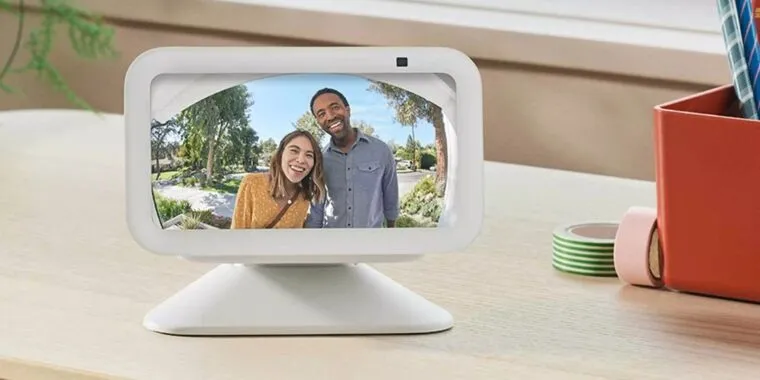Amazon lays off Alexa employees as 2010s voice-assistant boom gives way to AI
Amazon lays off Alexa employees as 2010s voice-assistant boom gives way to AI

arstechnica.com
Amazon lays off Alexa employees as 2010s voice-assistant boom gives way to AI

